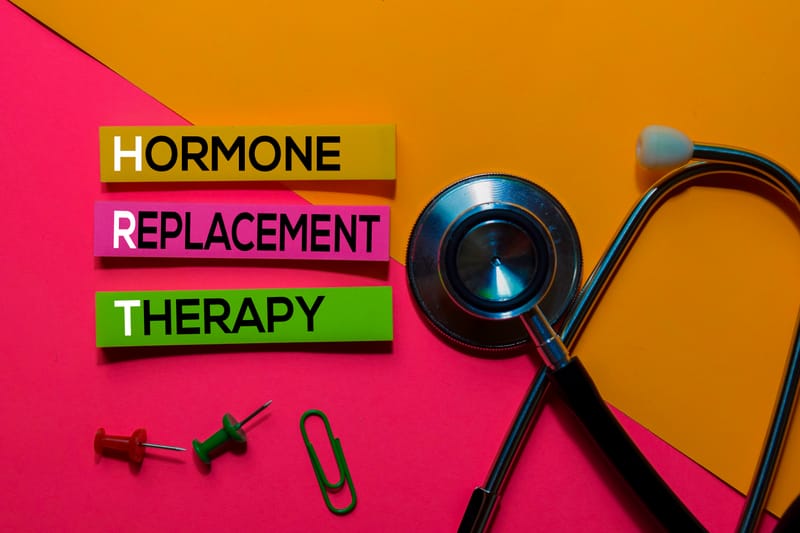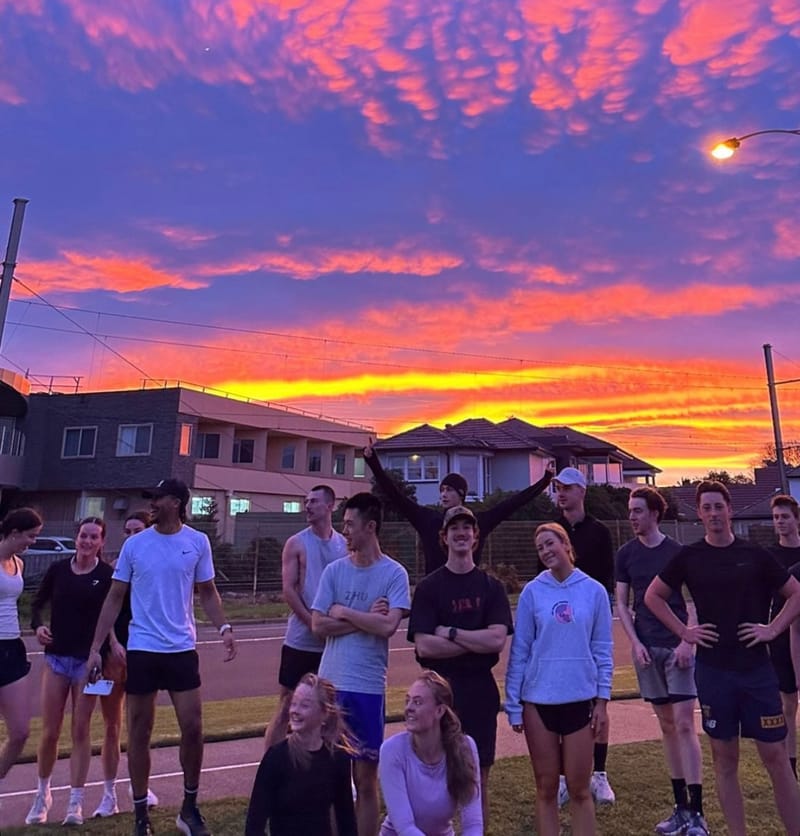How to spot suicidal tendencies in loved ones
Suicide is the leading cause of death among Australians aged 15-44 years, and being aware of the risk factors could help with early intervention.

This story is part of MOJO News campaign #HearMeOut to have a Federal Minister for Suicide Prevention appointed *
BY GRACE COLEIRO
Suicide is the leading cause of death among Australians aged 15-44 years, according to a report by Lifeline Australia.
There is a significant need for all Australians to be aware of risk factors and observable warning signs they can look out for in their loved ones.
Mindspire psychologist and member of the Australian Psychological Society, Anita Tesoriero, said a common sign she sees in her practice is “an obvious change in behaviour”.

“Someone who is normally quite talkative [can become] quite withdrawn and quiet,” Ms Tesoriero said.
“There might be a [withdrawal] from usual activities, so they stop going to work or stop interacting with family.”
According to Beyond Blue identifiable, non-verbal signs include:
- Lack of motivation to maintain hygiene or appearance
- Lack of sleep or difficulty sleeping
- Sudden substance use or abuse
The organisation also lists indirect verbal expressions as warning signs, including:
- Speaking about dying
- Expressing feelings of loneliness and/or hopelessness
However, Ms Tesoriero emphasises it is also quite common to show no clear signs at all.
Referring to it as the ‘silent killer’, she said the most alarming thing about suicide is often there is no use in having a ‘checklist’ to know if someone is thinking about ending their life.
Keeping this in mind, it is essential to trust one’s own judgement and knowledge about the person’s specific life experiences, recent life events and possible vulnerabilities.
Headspace, another organisation working in the field of mental health, provides a list of risk factors which can contribute to an individual wanting to end their life.
These factors include, but are not limited to:
- Loss of a loved one
- Social and physical isolation
- Mental illness or mental health problems
- Family violence
- History of suicide attempts
It is also important to note sometimes people, particularly young people, can feel suicidal or attempt suicide without any of the listed risk factors.
If one is unsure of how a loved one is feeling, Turner Institute for Brain and Mental Health senior research fellow Kylie King said the simplest way to respond is to “just ask”.

“There’s absolutely no harm in asking,” Dr King said.
“There’s a common myth [going] around where we think [we] shouldn’t ask because it will put the idea in someone’s head or get them thinking about it, but the research doesn’t show that that’s the case.”
Beyond Blue provides some suggestions of when and where it would be appropriate to ask a loved one if they are thinking about suicide.
They emphasise the importance of the person feeling calm and relaxed, and of being in a safe environment while discussing the issue.
In the middle of a global pandemic, when feelings of social isolation are highly prominent, our loved ones can be at higher risk of feeling like ending their lives.
Even with social restrictions in place, helping someone during their time of distress can be classified as an ‘essential’, Dr King told MOJO News.
“If somebody is at risk of suicide, then that would fall under providing care for someone,” Dr King said.
“If you were really worried about somebody, and you needed to be with them to keep them safe, then that would be an okay thing to do.”
Regardless of whether we need to socially distance or not, caring for somebody who is possibly having thoughts of suicide, is a big responsibility to take on without assistance.
“It’s important to recruit other people with that person’s permission, or sometimes not with their permission if it’s a very serious situation and you simply have to get care for them,” Dr King said.
In these situations, calling 24-hour helplines like Lifeline, or Beyond Blue for over-the-phone assistance and support, or even contacting emergency services or local mental health services, are the best ways to respond, she added.
* Please sign MOJO News' petition to have a Federal Minister for Suicide Prevention appointed here.
LIFELINE: 131114





